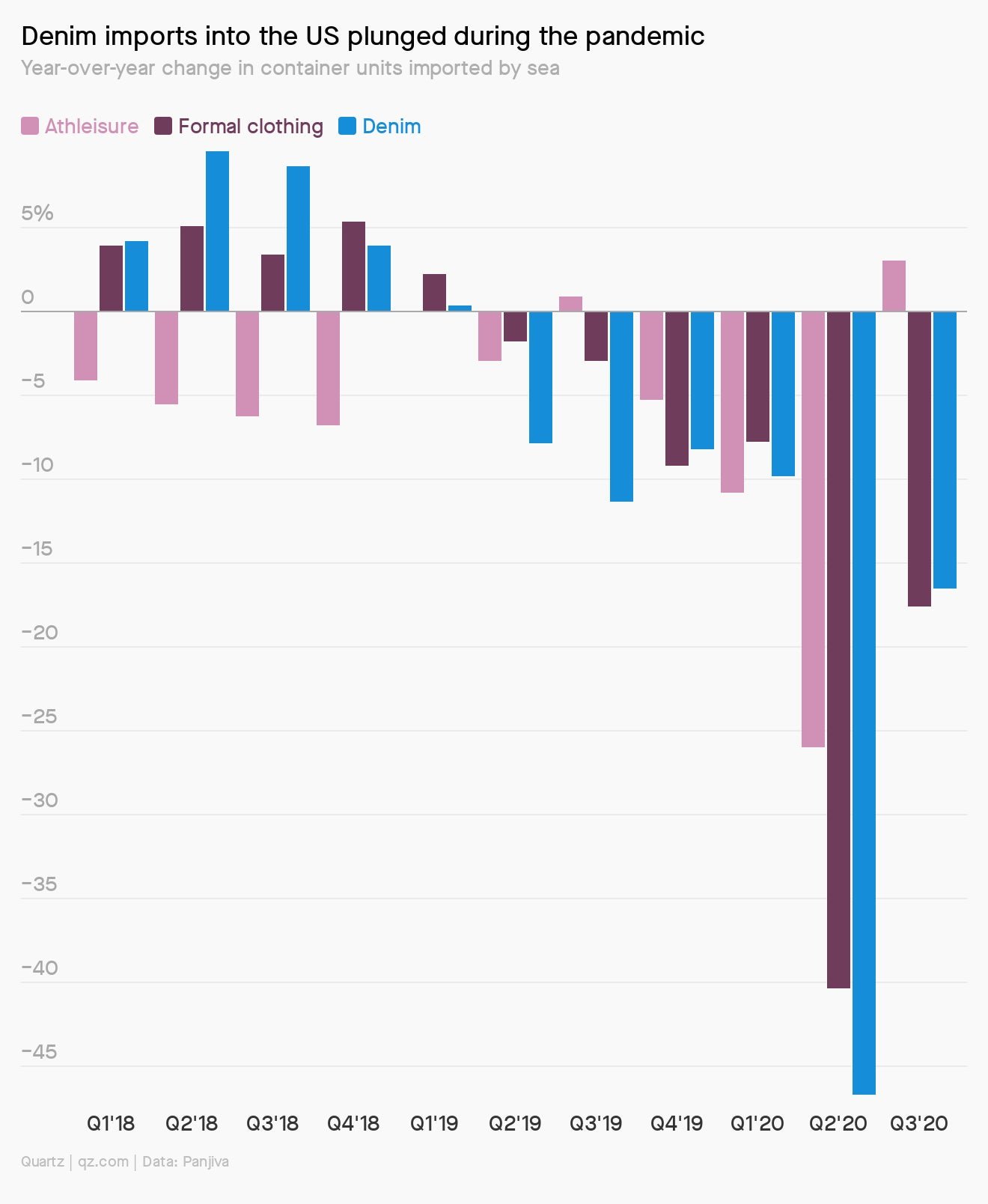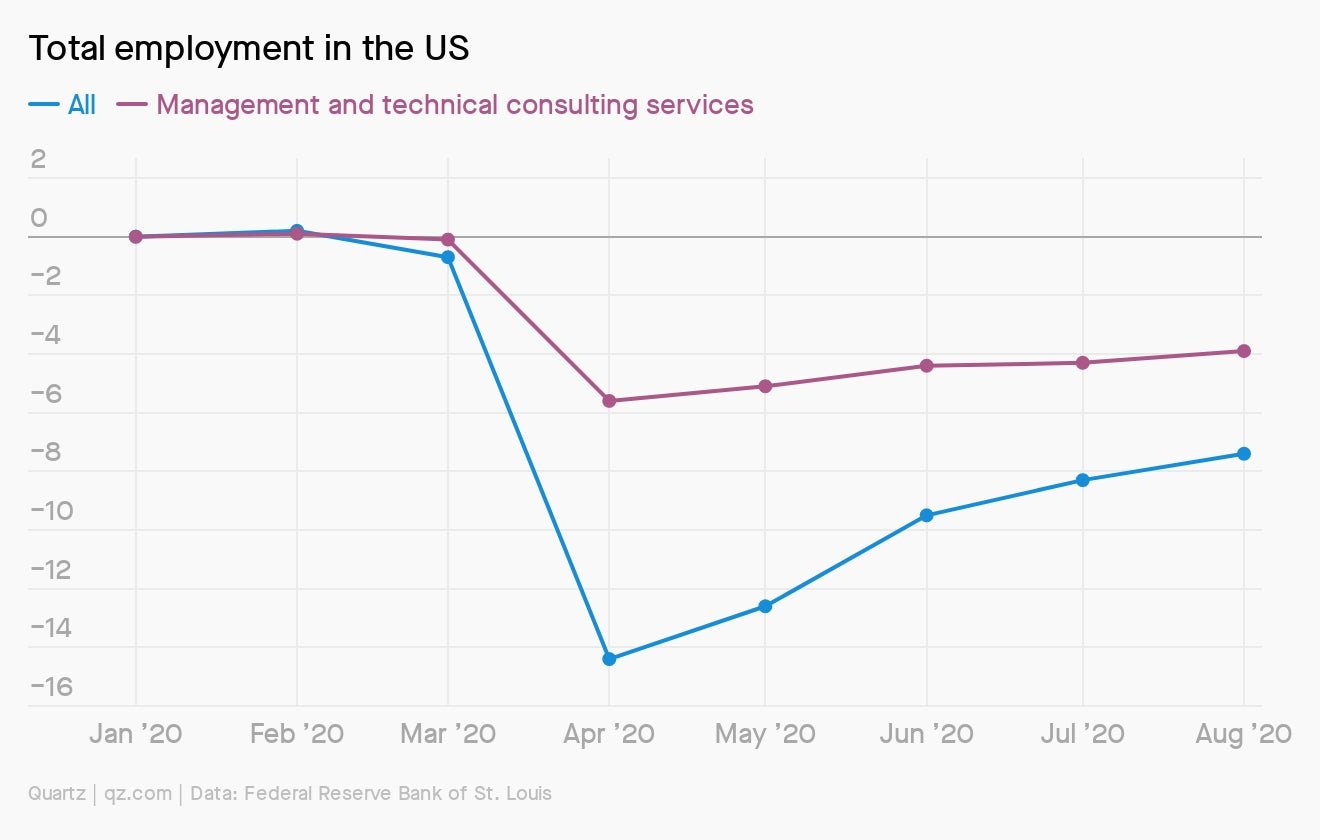The Memo: Plowing ahead on diversity
To modern workers everywhere,

To modern workers everywhere,
What is the future of corporate diversity and inclusion (D&I) efforts? In recent weeks, two wildly divergent pictures have emerged.
One is from the private sector, where high-profile companies have been announcing some ambitious targets and novel ideas for diversifying their workforces. Boeing, for example, is reworking its interviewing process to help increase its Black employee base in the US by 20%, while Twitter has begun compensating the leaders of employee resource groups like Black Bird, which represents Black employees.
And then there’s the White House, which is running in the exact opposite direction of America’s corporate leaders. On Sept. 22, US president Donald Trump issued an executive order banning “race or sex stereotyping or scapegoating,” and effectively censoring D&I training sessions held by federal agencies, the US military, or government contractors.
If you happen to be white or male, reading the full order will be a fabulous litmus test of your white or male fragility. How uncomfortable are you with the idea that some D&I training, as the order notes, teaches “that men and members of certain races, as well as our most venerable institutions, are inherently sexist and racist”? And every time the document invokes the sacredness of American meritocracy, do you become more confident—or less—that what’s really been holding women and people of color back are individual career failings rather than a systemic problem?
Check out the Boeing announcement, too, while you’re at it. Does the company’s desire to have a workforce that reflects the demographics of the communities where it operates sound threatening to you? Does the plan to revamp recruiting processes sound to you more like an accommodation that will lower hiring standards, or a reasonable solution to test in the face of subpar D&I outcomes?
Although the administration’s stance is already causing trouble for big US companies like Microsoft and Wells Fargo, lawyers say there is still plenty of room for bias training and other corporate D&I efforts. Americans may have no choice, at least until Election Day, but to let Trump tilt at windmills. The private sector, meanwhile, has all the necessary tools, and increasingly the will, to plow ahead.—Heather Landy
+ Our field guide to building antiracist companies offers helpful tips and provocative ideas about how to create equitable workplaces. For more Quartz at Work coverage of diversity, inclusion, and the fight for equality, follow our Power in Progress obsession here.
Five things we learned this week
Dropbox is going “virtual first.” Its offices will become meeting spaces.
You can still ask for a raise in a pandemic. Don’t assume your employer is struggling. And here are some tips on how to prepare.
Germany is drafting a law to protect the right to work from home—and still have a life. But labor groups are against the idea.
Cole Haan is making a $120 Slack sneaker. Cute logo, but are you even wearing shoes right now?
Nobody wants to wear jeans while working from home. Denim makers have registered the effects.

Coming up
In our next Quartz at Work (from home) workshop, Indistractable author Nir Eyal will explain the psychology of distraction, provide advice on how to focus your attention, and share practical tips to combat remote-work distractions. We’ll also bring back Quartz’s Phoebe Gavin, a guest on our last workshop about productivity and time management, to answer more of your tough queries about managing your workload and getting things done.
The live, one-hour workshop will be held Thursday, Oct. 15, at 11am US eastern time.
It’s a fact
Churn at consulting firms is way down. It’s one of several reasons why it’s a good time to be a consultant, and a terrible time to become one.

30-second case study
At 21, JeVon Thomas McCormick was ready to start his career in business, but he kept hitting a hiring wall that his white friends never seemed to run into. Suspecting bias against his “Black-sounding” name, he started going by JT McCormick instead. Et voila! His calls got returned, interviews got scheduled, and McCormick began scaling the corporate ladder.
Two decades later, McCormick is CEO of Scribe Media, an upstart publishing company where, just like every other place he has worked, he was known as JT—until now. In the wake of America’s latest reckoning with race, he’s reclaiming the name JeVon, sharing his story, and asking why people should have to edit themselves to fit into supposedly mainstream organizations.
The takeaway: As McCormick writes, “For corporate America to be truly diverse and inclusive, we must instead edit our organizations to better fit individuals.…So, I’m reclaiming my name, JeVon, because it’s no longer about me. It’s about those coming after me, and the belief that one day, they’ll work alongside lots of JeVons, and not just JTs, and won’t find it the least bit surprising.”
Words of wisdom
“If you look at the history of exclusions to overtime provisions—agricultural worker, domestic workers, until recently home healthcare workers—they’re jobs primarily held by people of color. It is a law that works in a systematically racist fashion, and if we don’t recognize that, we have failed.”—Judy Conti, government affairs director, National Employment Law Project
+ For more on this topic, read Quartz editor Oliver Staley’s new piece on the racist origins of US overtime laws.
Play on
Although revenue might be hurt this year by the coronavirus pandemic, it’s still been a busy time for executive coaches, as business leaders seek guidance on everything from managing layoffs to navigating racial issues at work to handling uncertainty.
Many coaches have long offered virtual sessions, as their clients tend to lead busy lives. But with the pandemic, the shift to online coaching has been more deliberate—which comes with pros and cons—and has brought about some changes to their businesses. As part of our field guide on consulting’s new challenges, Quartz at Work’s Michelle Cheng checked in with a half-dozen coaches to find out how they (and their clients) are managing in the pandemic.
+ Not yet a Quartz member? Get unlimited access to our weekly field guides and all of Quartz’s journalism with a membership. Use the code QZTWENTY to get 20% the first-year subscription price.
ICYMI
Can’t get an immediate reply from a direct report who works remotely? It’s not a reflection on their talent or commitment. Rather, as Business Talent Group CEO Jody Greenstone Miller notes in this extremely prescient piece from the Quartz at Work archives, it simply means they are exercising the flexibility you gave them. Check out the full article for more quick tips and reminders about managing remote teams.
You got The Memo!
Our best wishes for a productive and creative day. Please send any workplace news, comments, federally noncompliant diversity training, and unwanted denim to [email protected]. Get the most out of Quartz by downloading our app and becoming a member. This week’s edition of The Memo was produced by Heather Landy and Sarah Todd.